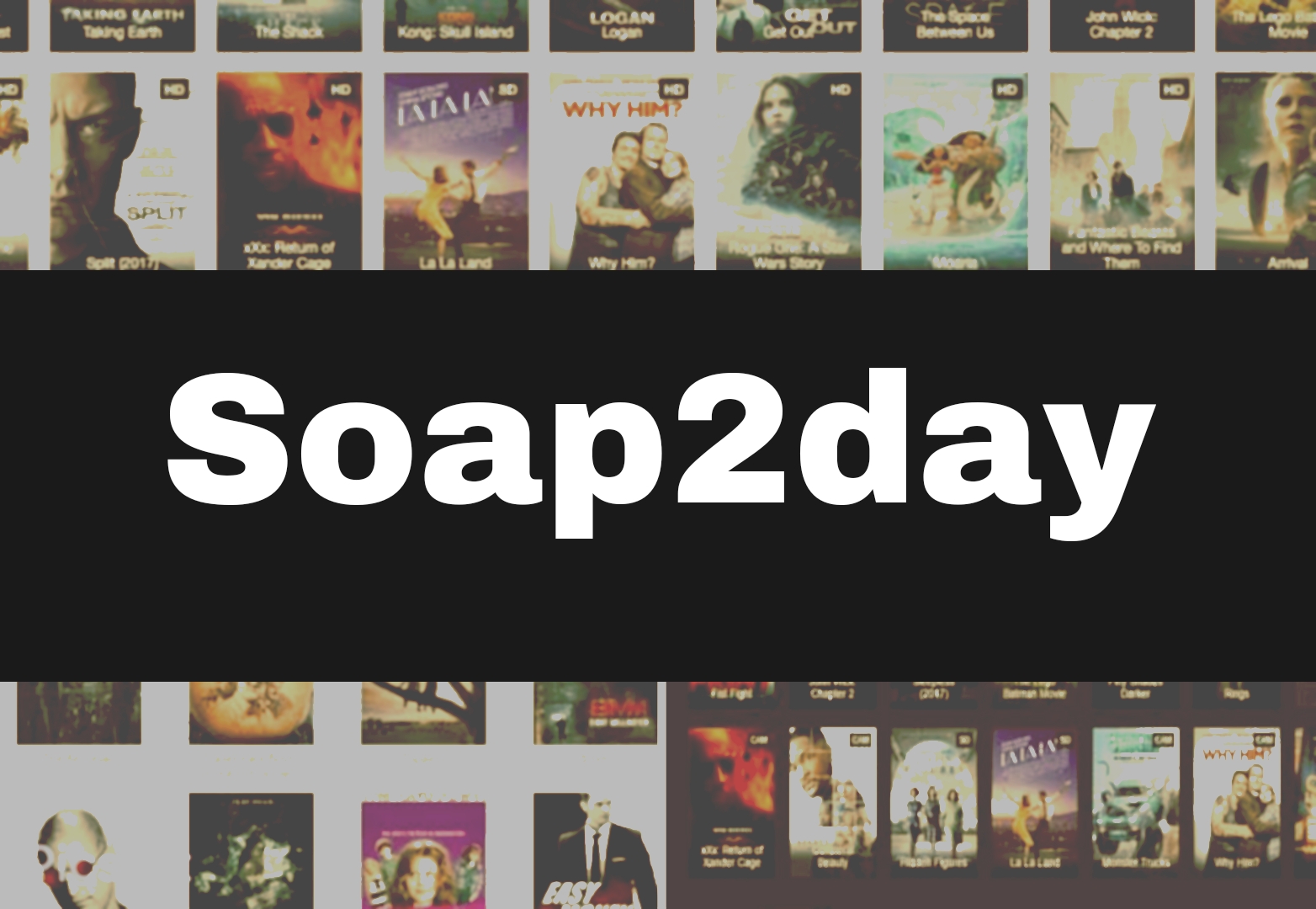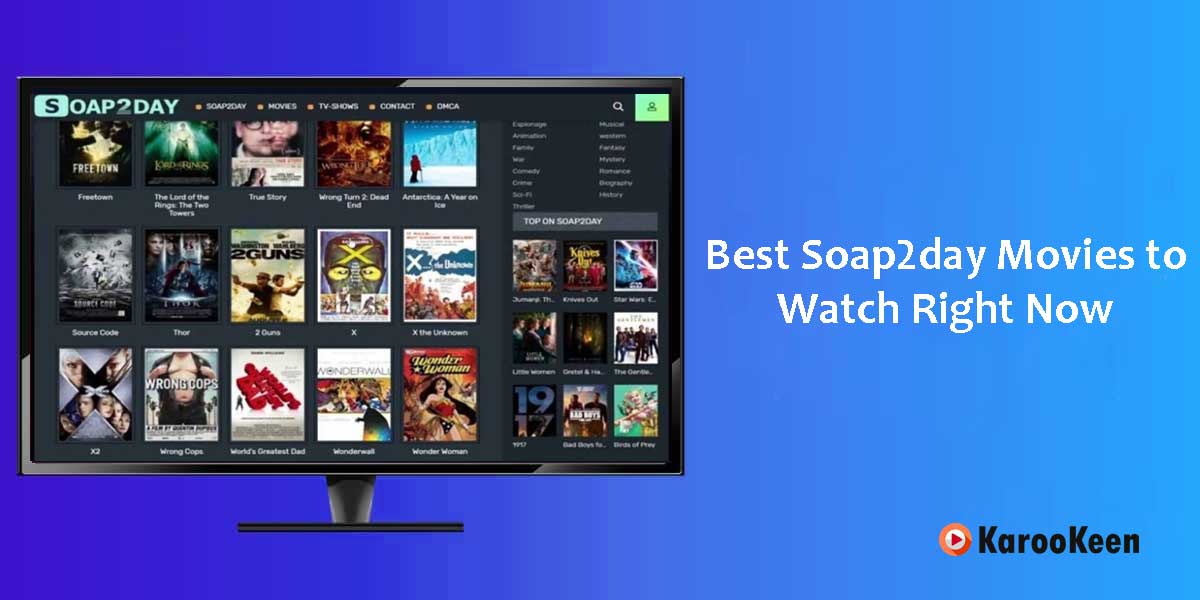Is the allure of free entertainment truly irresistible? The persistent popularity of platforms like Soap2day, despite their inherent risks and legal ambiguities, underscores a significant truth: access to movies and television shows, without the burden of subscription fees, remains a highly sought-after commodity in the digital age.
The landscape of entertainment consumption has undergone a dramatic transformation in recent years. The rise of streaming services, offering vast libraries of content at seemingly affordable prices, initially appeared to have conquered the market. Yet, the proliferation of subscription platforms, each vying for a piece of the viewer's wallet, has led to a fragmented ecosystem. Consumers now face the daunting prospect of juggling multiple subscriptions to access their desired content, resulting in a cumulative cost that can be surprisingly high. It is in this context that platforms like Soap2day, offering a seemingly cost-free alternative, find a receptive audience.
The fundamental appeal of Soap2day, and by extension, its various iterations and imitators, lies in its promise of unrestricted access. These platforms present themselves as virtual havens where one can indulge in a vast collection of movies and television series, spanning diverse genres and release years. From the latest blockbuster releases to classic cinematic treasures and beloved television shows, the content catalog often appears remarkably comprehensive, catering to a wide spectrum of viewing preferences. The allure is further enhanced by the promise of high-definition streaming quality, with many platforms boasting 1080p resolution, delivering an immersive viewing experience. Crucially, this access comes without the obligation of a monthly subscription fee, making it an appealing option for budget-conscious viewers.
However, the convenience and accessibility of these platforms often come with a significant caveat: legal and ethical considerations. Soap2day, in its various forms, operates in a legal gray area. The content offered often includes copyrighted material, distributed without the explicit permission of the rights holders. This raises serious concerns about copyright infringement and the potential for legal repercussions. Furthermore, the monetization strategies employed by these platforms frequently involve the use of advertisements, which can be intrusive and potentially harmful. In some cases, these advertisements may lead to malicious websites, exposing users to the risk of malware and other cyber threats.
The historical context surrounding Soap2day adds another layer of complexity. The original platform, despite its popularity, was eventually shut down in June 2023. This event highlights the precarious nature of such services, which are constantly subject to legal challenges and the risk of being taken offline. Yet, the demand for free streaming remains, and the void left by the original Soap2day has been quickly filled by a multitude of copycat sites, all vying for the same audience. Navigating this landscape requires a discerning approach, as not all of these alternative platforms are created equal. Some may be more reputable than others, while others may pose a greater risk to the user's security and privacy.
The shift in domain names further underscores the ephemeral nature of these online platforms. The constant need to adapt and migrate to new URLs, as authorities attempt to curtail their activities, is a characteristic feature of the free streaming ecosystem. Users must remain vigilant, constantly seeking updated information about the current active domains and the potential risks associated with each. The use of VPNs (Virtual Private Networks) is sometimes suggested as a means of masking one's IP address and potentially mitigating some of the risks involved, but it is not a foolproof solution, and users should always proceed with caution.
For those seeking legitimate alternatives to Soap2day, there are several options available. Platforms like YouTube offer a wealth of free content, including public domain films, cult cinema classics, and programming from various independent channels. Other legal streaming services, such as Tubi and Crackle, offer ad-supported viewing experiences, providing access to a diverse range of movies and television shows without the need for a subscription. Exploring these legal alternatives is crucial for ensuring a safe and ethical viewing experience. These platforms offer a responsible way to enjoy movies and shows, supporting content creators and respecting copyright laws.
The core issue is one of accessibility versus legality and security. While the allure of free entertainment is undeniable, the risks associated with accessing pirated content are significant. From potential legal consequences to the threat of malware and data breaches, the potential downsides are numerous. It is essential for users to weigh the benefits against the potential costs and make informed decisions about how they choose to consume media. Ultimately, a commitment to legal and ethical content consumption is the most responsible approach, ensuring both a safe and enjoyable viewing experience.
The debate around platforms like Soap2day underscores the ongoing evolution of the entertainment industry. As consumer habits shift and new technologies emerge, the challenges of balancing accessibility, legality, and security will continue to shape the landscape of content consumption. Staying informed, exercising caution, and choosing legal alternatives are the best strategies for navigating this complex and ever-changing environment. The future of entertainment will likely be defined by innovative solutions that address the needs of both consumers and content creators, providing access to a wide range of content while respecting copyright and ensuring a safe and secure online experience.
The evolution of platforms like Soap2day also reflects a broader trend in the digital world: the ongoing cat-and-mouse game between content providers and those who seek to access content without paying for it. The rapid proliferation of copycat sites, the constant changes in domain names, and the use of VPNs are all indicative of this dynamic. This struggle highlights the complexities of enforcing copyright laws in the digital age and the persistent challenges of protecting intellectual property rights.
The desire for readily available content, combined with the sometimes high cost of legal alternatives, creates a perfect storm for platforms like Soap2day to thrive. The popularity of these sites is a clear indication that there is a demand for more affordable and accessible forms of entertainment. Addressing this demand requires a multi-faceted approach, involving both legal and technological solutions. This may include the development of more flexible subscription models, the expansion of ad-supported streaming services, and greater efforts to educate consumers about the risks of piracy.
The closure of the original Soap2day and the subsequent emergence of copycat sites provide a valuable lesson: simply shutting down one platform is not enough to solve the problem. The underlying demand remains, and users will continue to seek out alternative sources of content as long as affordable and convenient options are not readily available. The solution requires a holistic approach that addresses both the supply and the demand sides of the equation. This includes promoting legal alternatives, educating consumers about the risks of piracy, and developing innovative strategies for protecting intellectual property rights in the digital age.
The proliferation of free streaming platforms like Soap2day presents a complex challenge for both the entertainment industry and the consumer. While the allure of free access is undeniable, the risks associated with these platforms are significant. By understanding the legal and ethical implications, exercising caution, and exploring legitimate alternatives, consumers can make informed decisions and ensure a safe and enjoyable viewing experience. The future of entertainment will depend on the industry's ability to adapt to evolving consumer habits and create a landscape that is both accessible and sustainable.
Here's a table summarizing key aspects of Soap2day and related information:
| Feature | Details |
|---|---|
| Description | A free online streaming platform offering a vast library of movies and TV series. |
| Content | Includes a wide range of genres (action, comedy, horror, etc.) and release years, often featuring the latest releases. |
| Access | Free of cost, without subscriptions. |
| Quality | Offers streaming in 1080p HD quality. |
| Additional Features | Often includes options for torrent downloads for offline viewing. |
| Legality | Operates in a legal gray area, often infringing on copyright laws. |
| Risks | Potential for malware, malicious ads, and legal repercussions. |
| Shutdown | The original Soap2day was shut down in June 2023. |
| Alternatives | Copycat sites exist; legal alternatives include YouTube, Tubi, and Crackle. |
| Domain Changes | The platform frequently changes its domain to avoid being shut down (e.g., soap2day.ma to soap2day.pm). |
| User Advice | Exercise caution, be aware of potential risks, and consider using legal streaming options. |
| Monetization | Reliance on advertisements, which can be intrusive and potentially harmful. |
In conclusion, the legacy of Soap2day serves as a microcosm of the ongoing struggle between free access and content ownership in the digital age. While its existence highlights the demand for accessible entertainment, it also underscores the inherent risks of navigating the grey areas of online streaming. The path forward lies in a more responsible approach, emphasizing legal and ethical consumption and supporting the evolution of a sustainable entertainment ecosystem.


